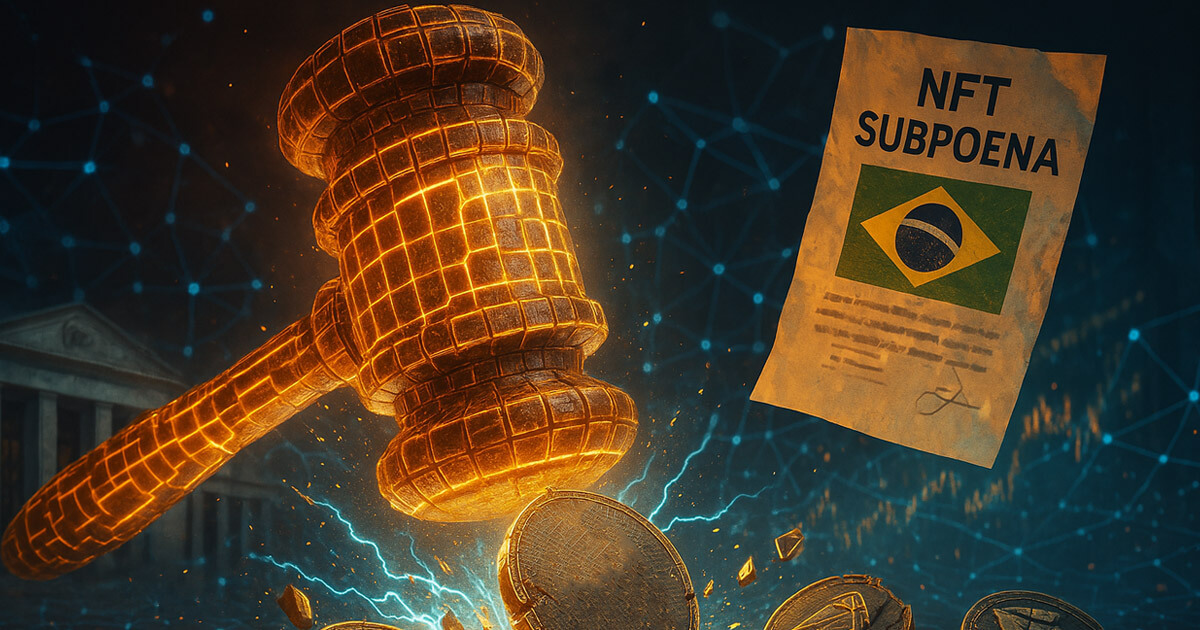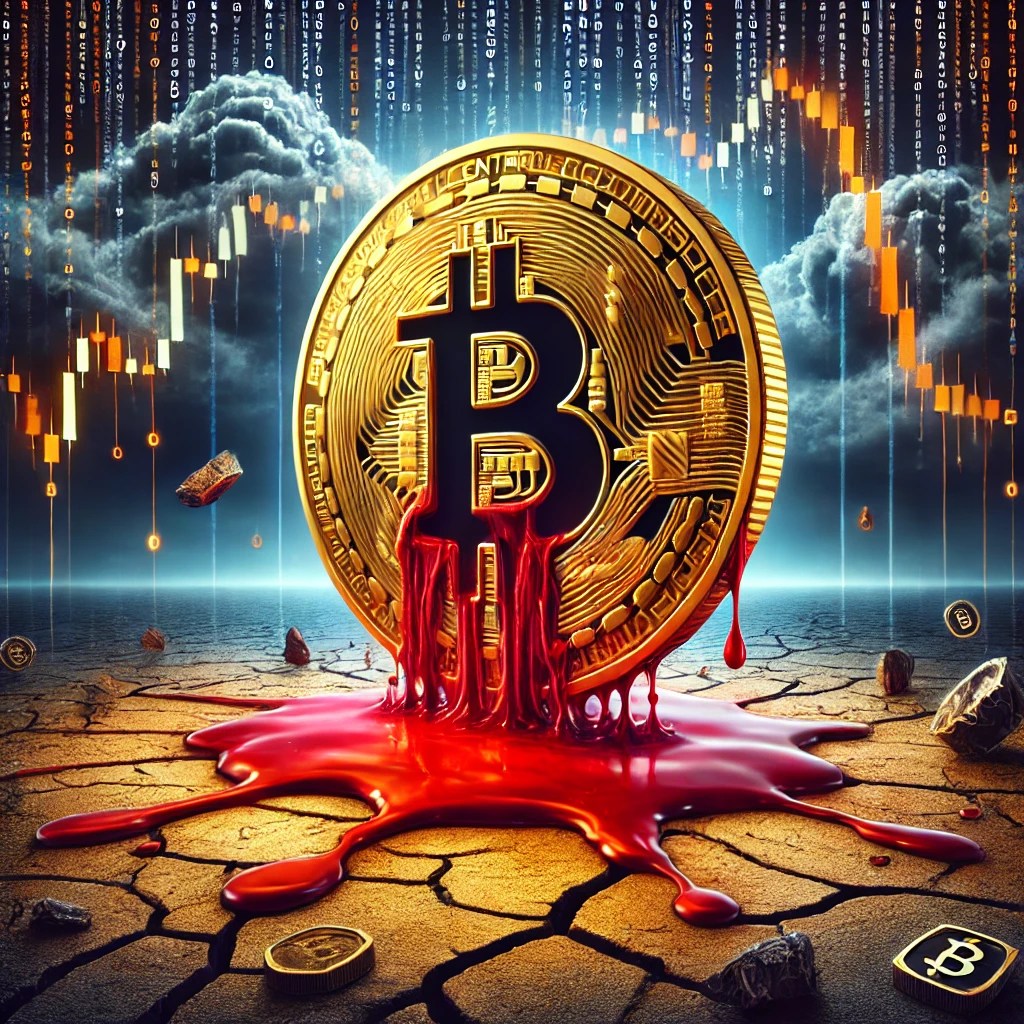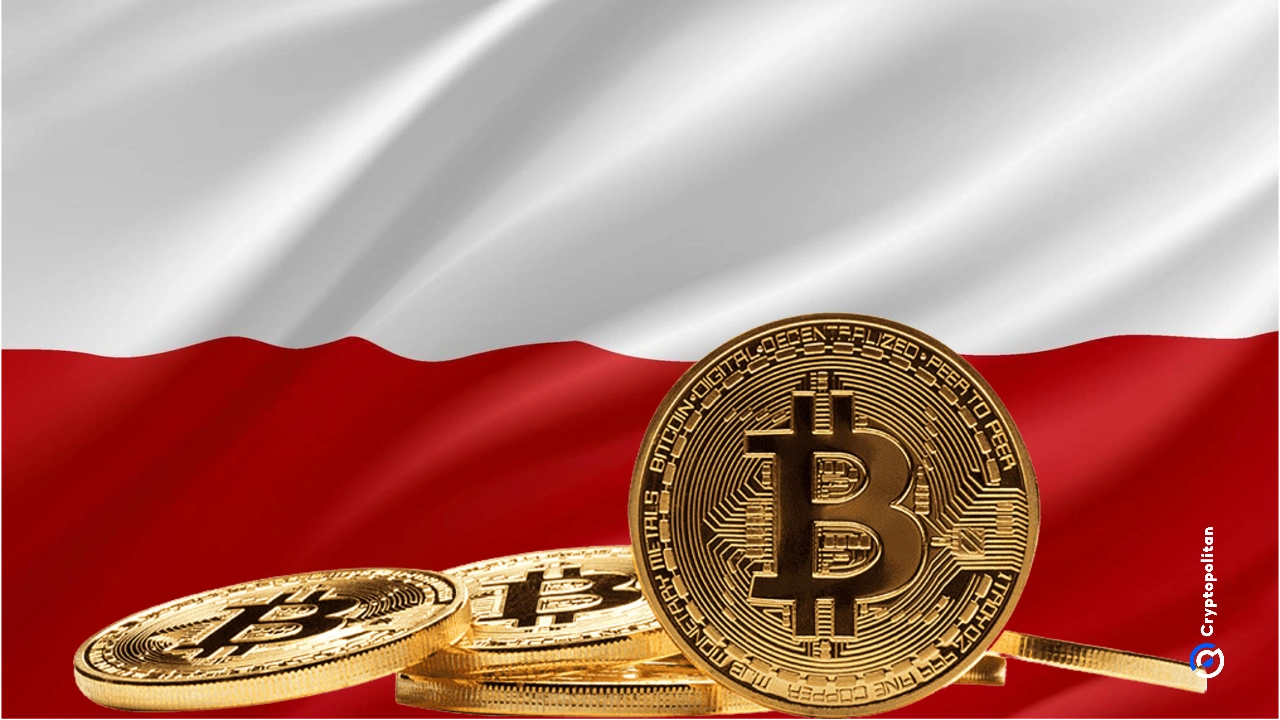Brazilian Court Makes History with NFTs: Notifying Unidentified Defendants in a Bitcoin Case
In a groundbreaking move that merges technology and law, a court in the land of carnivals and samba has authorized the use of non-fungible tokens (NFTs) to notify unidentified defendants in a Bitcoin (BTC) case involving the infamous pyramid scheme, BWA Brazil. This decision marks a new era in legal proceedings and the use of blockchain technology.
The Case: A Brief Overview
The BWA Brazil pyramid scheme, which reportedly swindled millions of dollars from unsuspecting investors, has been a hot topic in the Brazilian media for months. The missing Bitcoins, believed to be the proceeds of this illicit activity, have been a central focus of the investigation. With many defendants remaining unidentified, the court has turned to NFTs to ensure that all potential suspects are notified of the proceedings.
What Are NFTs, and How Do They Work in This Context?
Non-fungible tokens (NFTs) are unique digital assets, stored and traded on a blockchain. Unlike cryptocurrencies like Bitcoin and Ethereum, which are interchangeable, NFTs represent ownership of a unique item or piece of content. In this case, the court has created an NFT for each unidentified defendant, which will serve as a notification of the legal proceedings. The NFTs will be stored on the Ethereum blockchain and will include the defendant’s cryptographic address, ensuring that they receive the notification.
How Will This Affect Me?
As a regular internet user, the use of NFTs for legal notifications might not directly impact you. However, it’s an exciting development that could potentially change the way we receive and respond to official communications. The use of blockchain technology for notifications ensures that they are secure, tamper-evident, and impossible to ignore. This could lead to more efficient and reliable communication between individuals and organizations, making your digital life a little smoother.
How Will This Affect the World?
The use of NFTs for legal notifications is a significant step towards mainstream adoption of blockchain technology. It demonstrates the potential of this technology to streamline and secure various aspects of our lives, from financial transactions to legal communications. As more governments and organizations explore the use of NFTs, we can expect to see more innovative applications of this technology in the future. This could lead to a more transparent, efficient, and secure digital world.
Conclusion: A New Era in Legal Proceedings
The Brazilian court’s decision to use NFTs to notify unidentified defendants in a Bitcoin case is a groundbreaking move that merges technology and law in a meaningful way. It marks the beginning of a new era in legal proceedings and the use of blockchain technology. As a regular internet user, you might not be directly affected by this development, but it’s an exciting development that could potentially change the way we receive and respond to official communications. With more governments and organizations exploring the use of NFTs, we can expect to see more innovative applications of this technology in the future, leading to a more transparent, efficient, and secure digital world.
- A Brazilian court has authorized the use of NFTs to notify unidentified defendants in a Bitcoin case.
- This marks a new era in legal proceedings and the use of blockchain technology.
- NFTs will serve as notifications and will be stored on the Ethereum blockchain.
- This development could lead to more efficient and reliable communication between individuals and organizations.
- It’s an exciting step towards mainstream adoption of blockchain technology.





